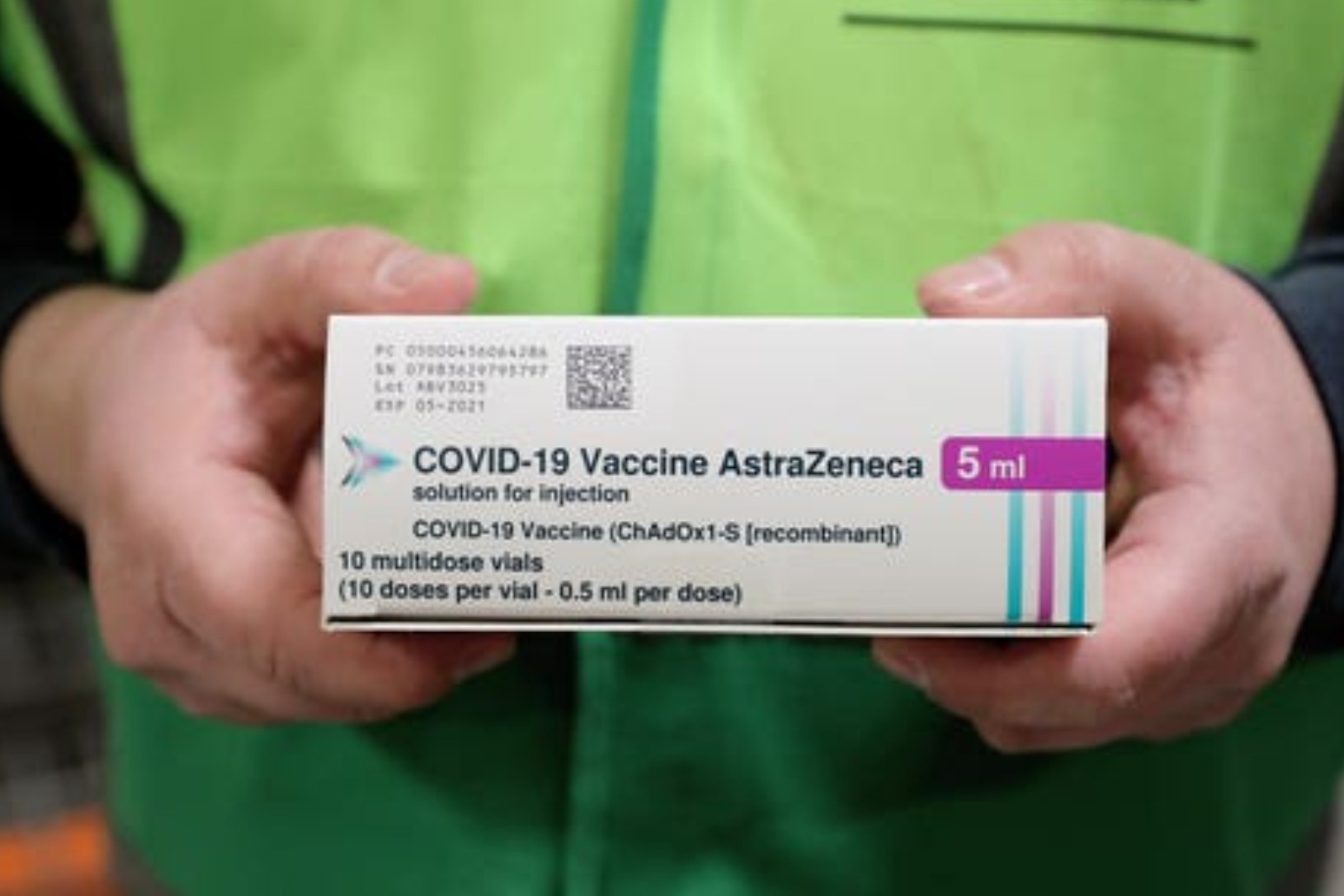
Canada’s most populous province says seniors will not get AstraZeneca vaccine
The health minister of Canada’s most populous province has said Ontario seniors will not receive the Oxford/AstraZeneca vaccine since there is limited data on its effectiveness in older populations.
Health minister Christine Elliott said Ontario plans to follow the advice of a national panel that has recommended against using the newly approved vaccine on people aged 65 and older.
She said anyone over that age is recommended to receive either the Pfizer or the Moderna vaccine.
Canada’s regulator approved the Oxford/AstraZeneca last week for all adults including seniors, but the National Advisory Committee on Immunisation said this week that the vaccines from Pfizer-BioNTech and Moderna are preferred for seniors due to “suggested superior efficacy”.
Health authorities in France and Germany and other countries have also raised concerns that AstraZeneca did not test the vaccine in enough older people to prove it works for them, and indicated they would not recommend it for people over 65.
Belgium has authorised it only for people 55 and under.
France said this week it will allow some people over 65 to receive the AstraZeneca coronavirus vaccine, after initially restricting its use to younger populations because of limited data on the drug’s effectiveness.
Last month, South Africa scaled back its planned rollout of the AstraZeneca vaccine, opting instead to use an unlicensed shot from Johnson & Johnson for its health care workers.
The Canadian Pacific Coast province of British Columbia, meanwhile, plans to delay the second dose of Covid-19 vaccine to four months.
Ontario and Alberta are also considering following the province’s lead.
Dr Bonnie Henry, British Columbia’s provincial health officer, said the decision was “made in the context of limited supply and based on strong local and international data”.
Dr Henry said: “This makes sense for us, knowing that it is a critical time right now with the limited amount of vaccines that we have in the coming weeks, to be able to provide that protection … to everybody here.”
Dr Henry added research in British Columbia, Quebec, Israel and the UK has shown that first doses are highly effective.
Canada started vaccinating health care workers and the elderly in long-term homes in December but there has been a shortage of vaccines until now.
Many Canadians are not expected to be vaccinated for months. Prime Minister Justin Trudeau hopes to vaccinate all Canadians who are eligible by the end of summer.
Published: by Radio NewsHub